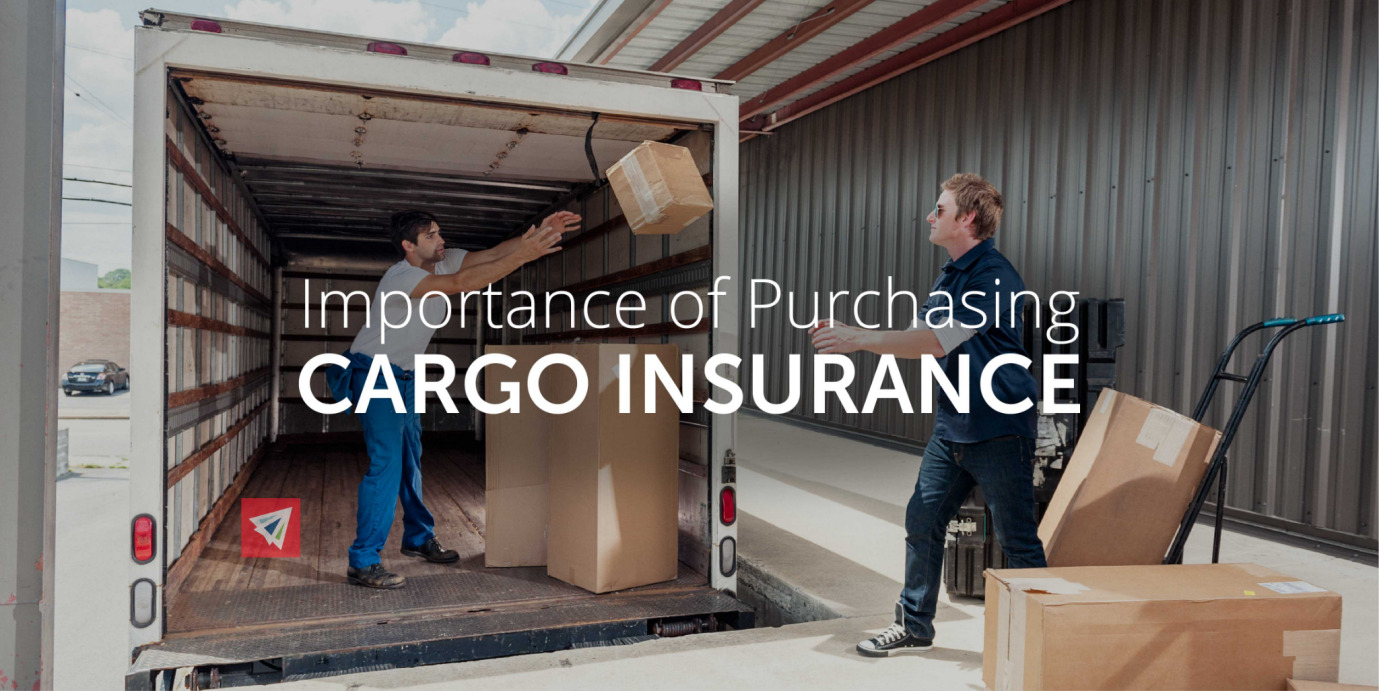How are Liability And Cargo Insurance Helpful?

Due to unforeseen circumstances on land or at sea, cargo or freight is vulnerable to damage while in transit. The carrier liability will not be sufficient to cover the loss of cargo owners in the event of an explosion caused by auto accidents or the sinking of container ships. These owners are protected from suffering significant losses by cargo or freight insurance, which also reimburses the claimant to the extent insured.
An excellent risk management instrument that guards against financial losses due to lost or damaged cargo is cargo insurance. The policy’s list of covered occurrences for cargo insurance covers car accidents, cargo forfeiture, damage from natural disasters, war, piracy, etc. It is effective up to the maximum a measure of insurance that is distinct from carrier liability.
For companies that ship regularly, choosing preventive actions before the cargo is damaged is essential. When a shipment is damaged, this insurance provides helpful options to lessen financial exposure.
A shipping company or airline may be exposed to a variety of risks when holding a shipment. The unpredictable external circumstances can cause a business to lose a lot of money. Additionally, the carrier’s liability is typically lower than the overall value of the products, making this insurance crucial.
In general, there are two forms of cargo insurance: marine and land cargo insurance.
Transport Insurance
Land cargo insurance, as the name implies, covers goods that travels by land and is typically transported by trucks and other utility vehicles. This insurance provides coverage for incidents involving collision damage, theft, and other shipping-related hazards. This kind of insurance covers the transportation of products inside the boundaries of the nation.
Land Cargo Insurance
Land cargo insurance covers cargo that travels by land and is typically transported by trucks and other vehicles. This insurance provides coverage for incidents involving collision damage, theft, and other shipping-related risks. This kind of insurance covers the transportation of products inside the boundaries of the nation.
Liability Insurance
A kind of insurance called liability insurance provides protection against claims made by those who have caused damages and property damage to others. Any legal fees and payouts that an insured party is accountable for in the event that they are held legally liable are covered by these insurance policies. Liability insurance coverage typically does not cover intentional harm or contractual obligations.
Contradictory all the other types of insurance, this insurance policies pay out benefits to third parties rather than policyholders. This kind of insurance policy is typically obtained by businesses or people who could be held legally responsible for accidents or other problems. This is especially true for medical facilities, physicians, and even business owners. As an illustration, a goods producer could be held liable for damages if they sell defective products or harm other people’s property. This insurance policy will protect the manufacturer against related legal expenses.
One section of the general insurance policy falls within the risk transference category, which includes liability insurance. This insurance is a requirement in many nations, particularly for operators of public transportation. The Public Liability Insurance Act of 1991 has established the parameters of this type of insurance in India.